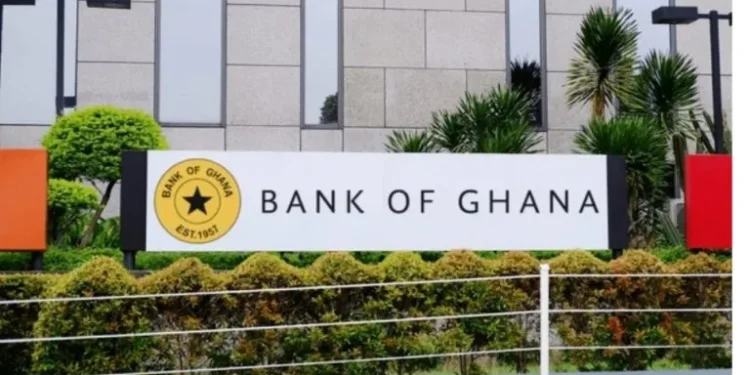BoG Orders Mining Firms to Route Forex Inflows Through Commercial Banks
The Bank of Ghana (BoG) has instructed mining companies to channel their foreign exchange inflows through commercial banks, rather than directly to the central bank, as part of efforts to deepen interbank forex trading and boost market liquidity.
Governor of the BoG, Dr. Johnson Asiama, disclosed the directive in a briefing with industry players this week, noting that the change was necessitated by current market conditions.
“Previously, these inflows came directly to the central bank. We are hoping that this will provide additional forex support to the commercial banks in addition to what the Bank of Ghana will do,” Dr. Asiama stated.
He emphasised that the measures form part of the Bank’s broader interventions to ease pressures on the cedi and strengthen forex availability within the formal market.
Touching on financial innovation, Dr. Asiama revealed that some payment service providers had experimented with cryptocurrency and offshore settlement models—practices that he said could undermine currency stability if left unchecked.
“While innovation is welcome, such practices must not weaken the cedi. The assurance here is that these practices will be stopped,” he stressed, adding that the Bank is working towards a regulatory framework for virtual assets and digital finance by year-end.
On remittances, Dr. Asiama noted that new guidelines have been introduced to enhance transparency and accountability of inflows. “Going forward, the Bank of Ghana will be requiring more frequent and detailed reporting from these entities to identify the use of improper channels,” he said.
The Governor further cautioned against speculative behaviour in the forex market, warning that it could amplify volatility in the cedi.
“Like any currency, it will fluctuate, but we must avoid turning these movements into a self-fulfilling prophecy, where every small shift drives fear and speculation, which leads to larger movements. Speculators and bad actors will not win. The distortions are temporary and are being corrected,” he remarked.
Dr. Asiama assured businesses and households that the central bank remains committed to ensuring consistent access to foreign exchange through licensed banks and approved channels.
“We are streamlining these processes so that they don’t need to turn to informal markets for support,” he affirmed.







